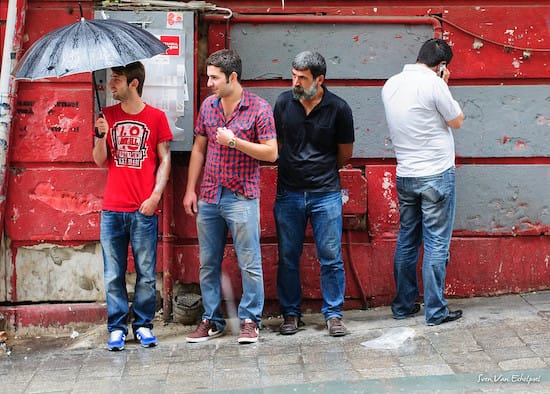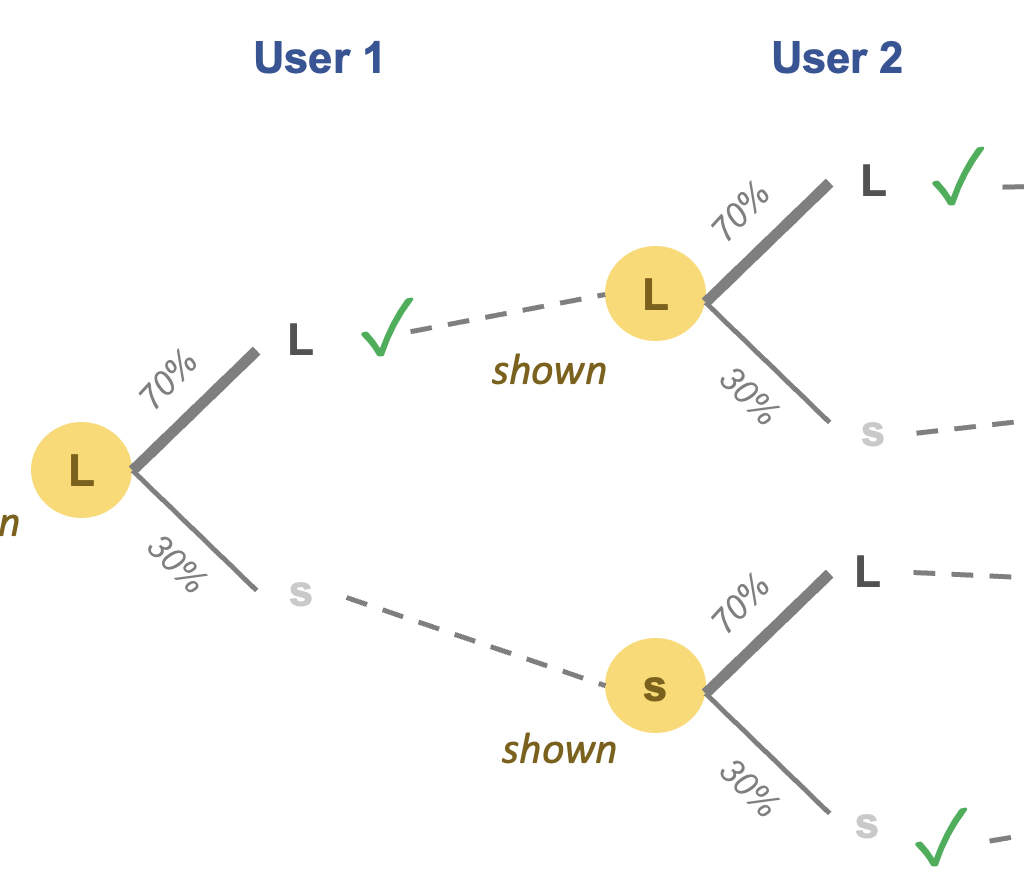I don't like the term herd immunity
Kaiser explains why the term "herd immunity" is problematic

"Herd immunity" keeps popping up as a public health policy even though most epidemiologists dismiss it as an unwise prescription. I previously wrote about herd immunity in a post titled "The shift to antibody testing is a choice of death over life" which highlights the high cost in human lives of such a policy pursued through community spread.
Let's review a few other implications of a "herd immunity" policy. There are two proposed paths to reaching herd immunity: through vaccination or through community spread.
Fairness
Herd immunity through natural infections is inherently unfair. The consequent deaths are unevenly distributed across the population. I'm not just talking about the underlying characteristics of the illness, which attacks certain demographics, such as the elderly, while apparently sparing other subgroups, such as the very young.
I'm referring to the differential access and quality of healthcare - which is a major contributor to differential mortality in minorities and lower-income communities. Moreover, I'm pointing to the heightened exposure to the virus due to economic conditions and the nature of one's work. Essential workers, workers who must serve others in person, and people who cannot afford temporary unemployment bear the burden of a "herd immunity" policy. There hasn't been much discussion about how these subgroups should be compensated for the "sacrifice" society demands of them, if the government chooses such a policy.
Fatalities
The only proven way to achieve herd immunity is by broad-based vaccination. This is also the safe path since a 50% effective vaccine cuts the death rate by half relative to achieving herd immunity through community spread. (It is also not clear how much immunity one gets from an infection.)
Attempting to reach "herd immunity" via natural infection not only doubles the number of fatalities (relative to vaccination) but also inflicts disproportionate harm on disadvantaged subgroups.
Rewarding the wrong behavior
Herd immunity via vaccination is widely held as desirable, even though we are praising the wrong entity. What we desire are the vaccines that protect us from the virus. Herd immunity is actually not an indicator of success but of failure. Let me explain.
If we have an effective and safe vaccine, everyone should take it. In practice, when 75 percent of the population have been vaccinated, we have defeated the virus, in the sense that the community spread will have been curtailed, whether or not the remaining 25 percent get the vaccine. (The proportion that needs to get vaccinated depends on how fast infections are occurring; I'm using 75 percent for illustration.) It's the 25 percent who benefit from "herd immunity" while the other 75 percent are protected by the vaccine. The 25 percent are the bystanders who get windfall from the actions of the other 75 percent.
A society does not have to, and probably should not, stop at 75 percent. If everyone gets vaccinated, we have comprehensive immunity, rendering herd immunity immaterial. That's what I mean when I say herd immunity is a sign of failure.
Herd immunity rewards non-cooperative behavior.
Tying your health to others' actions
If you are considering being a bystander, think twice. The more people who intend to sit out, the higher the chance that the society will not reach the 75 percent threshold to get herd immunity. In that world, the death rate of unvaccinated bystanders will be double that of the vaccinated (or worse, if the vaccine is better than 50% effective).
By sitting out, you have tied your own health to the actions of other people. Worse, you have tied your health to the actions of people who hold opposite views as you.
Immunity in theory
If you are still considering holding out, think again. Perhaps no one has told you that herd immunity is an abstract mathematical construct. The bystanders do not have immunity in the biological sense of the word.
If they come in contact with the virus, they may get sick, and even die from Covid-19. The mathematical theory predicts that once 75 percent of the population is vaccinated, the odds of an unvaccinated person contacting an infectious person is small enough that the epidemic will not grow further. Such implied mathematical immunity is different from getting immunity from a vaccine that stimulates our bodies to manufacture antibodies that fight the coronavirus.
The unfortunate wording of "herd immunity" fosters the misunderstanding that it gives individuals "immunity" from getting sick.
***
tl;dr
Herd immunity draws attention to non-cooperative behavior away from the scientific achievements of vaccines. The people who stand to benefit from herd immunity don't even have immunity, as they will get sick if they come in contact with the virus. That's why I don't like the term herd immunity.



